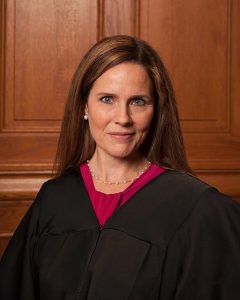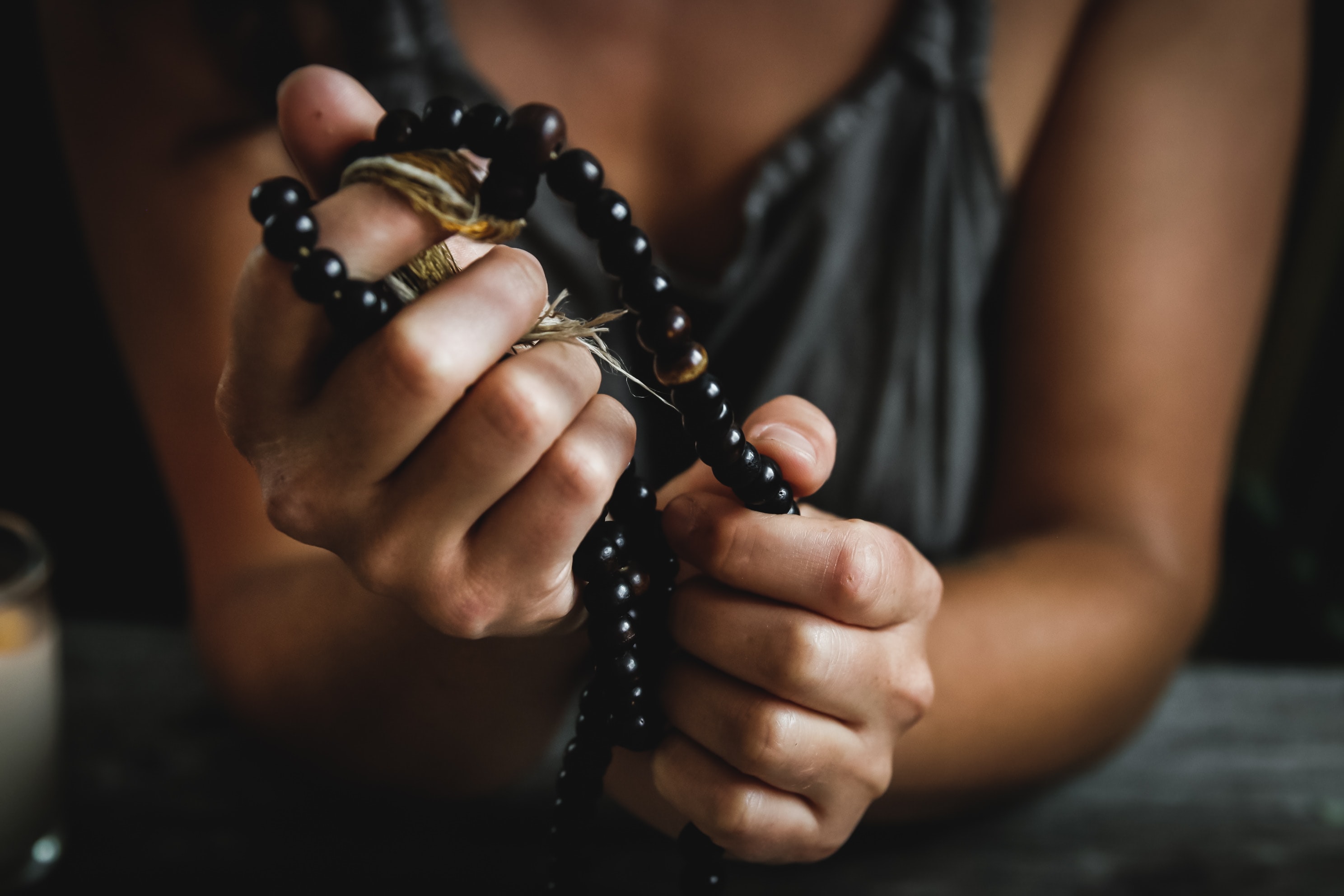Having Amy Coney Barrett on the Court may be a big win for evangelicals, but small-government conservatives should think twice before cheering.
You’ve heard of Roe v. Wade, but are you familiar with Griswold v. Connecticut?
The country was a different place in 1965. The term “sexual harassment” wouldn’t be coined for another decade. Marital rape was legal. Women could be fired if they got pregnant. And a dusty old 1879 law made birth control illegal for anyone to use in Connecticut. In 1961, Estelle Griswold, director of the Planned Parenthood League of Connecticut, and Dr. C. Lee Buxton, Chair of the Department of Obstetrics at Yale University School of Medicine, opened a facility in New Haven, CT, that provided information and prescribed contraceptives for married women. Ten days later, Griswold and Buxton were arrested, then prosecuted and found guilty in a case that would eventually make it to the Supreme Court.
The Warren Court decided 7-2 in favor of Griswold and Buxton. Justice William O. Douglas wrote in his decision that while there’s no single guarantee of privacy in the Constitution, it was certainly implicit in the spirit of other enumerated rights, such as the First Amendment’s right to assembly, the Third’s restriction against quartering troops in your home without consent, the Fourth’s guarantee of security in your home and effects and the prohibition against unreasonable search and seizure, along with the Ninth’s nod to other rights that exist despite not being listed in so many words. If all of these other sorts of privacy exist, surely there must be a natural privacy between married couples in their bedroom, that should not be denied without due process. Thus, married couples gained the right to use contraceptives without government interference.

Griswold v. Connecticut doesn’t get as much attention as it might, due to the giant sparkly neon-colored spectacle of Roe v. Wade, which currently serves as the lightning rod for conservative and evangelical angst surrounding reproductive rights, women, sex, and control. However, that doesn’t mean it’s been entirely forgotten. It wasn’t that long ago that faith-based companies like Hobby Lobby fought against the provision of the Affordable Care Act that mandated insurance coverage for contraceptives. It’s the same ACA provision that Supreme Court nominee Amy Coney Barrett signed a letter criticizing in 2012, which called it a “grave violation of religious freedom.” Not only could Barrett, if confirmed, help strike down the ACA in the near future, but during her confirmation hearings, Barrett refused to answer whether she considered Griswold to have been rightly decided. (Her mentor, Antonin Scalia, believed it to be a wrong decision.)
With Barrett on the Court, Roe will almost certainly fall. With Roe undone, Griswold is likely to become another major lightning rod for conservative groups who consider contraceptives to be an affront to God, symbolic of female selfishness, or who believe them to be literal abortifacients (a position not always supported by science). Barrett may think that “Griswold is very, very, very, very, very, very unlikely to go anywhere,” but she also shows little allegiance to the doctrine of stare decisis.
However, a great many subsequent cases have been based upon the Griswold decision, and rely on the same due process and presumed right to household and family privacy that gave married couples the right to use contraceptives. Besides Roe, there’s Eisenstadt v. Baird, which stated that if married couples could obtain contraceptives, there’s no rational basis for denying them to single people. Lawrence v. Texas established that it was no longer a crime for consenting adults of the same sex to establish an intimate relationship. Obergefell v. Hodges held that same-sex couples have the same right to get married as do heterosexual couples. Runyon v. McCrary found that the same privacy covered parents’ decisions about how to raise and educate their children. Moore v. City of E. Cleveland, Ohio, held that the State couldn’t “intrusively regulate” family life by forbidding close relatives from living together without a compelling reason.
Griswold supports so many decisions related to the privacy of family life that the idea of reversing it should give small-government conservatives pause. The price of privacy, like freedom, is living with what other people choose to do with theirs. Confirming Barrett to the Supreme Court – an outcome that is practically certain – may well accomplish such juicy conservative goals as the rollback of Roe, Obergefell, Griswold, and the Affordable Care Act in the short term, but in the long term, do conservatives and evangelicals really want to throw open the door to their family’s private decisions, welcoming in a government they fear will only become increasingly liberal in the coming years?
Be careful what you pray for.
Related: Gov’t small enough to fit in your [NSFW]


Join the conversation!